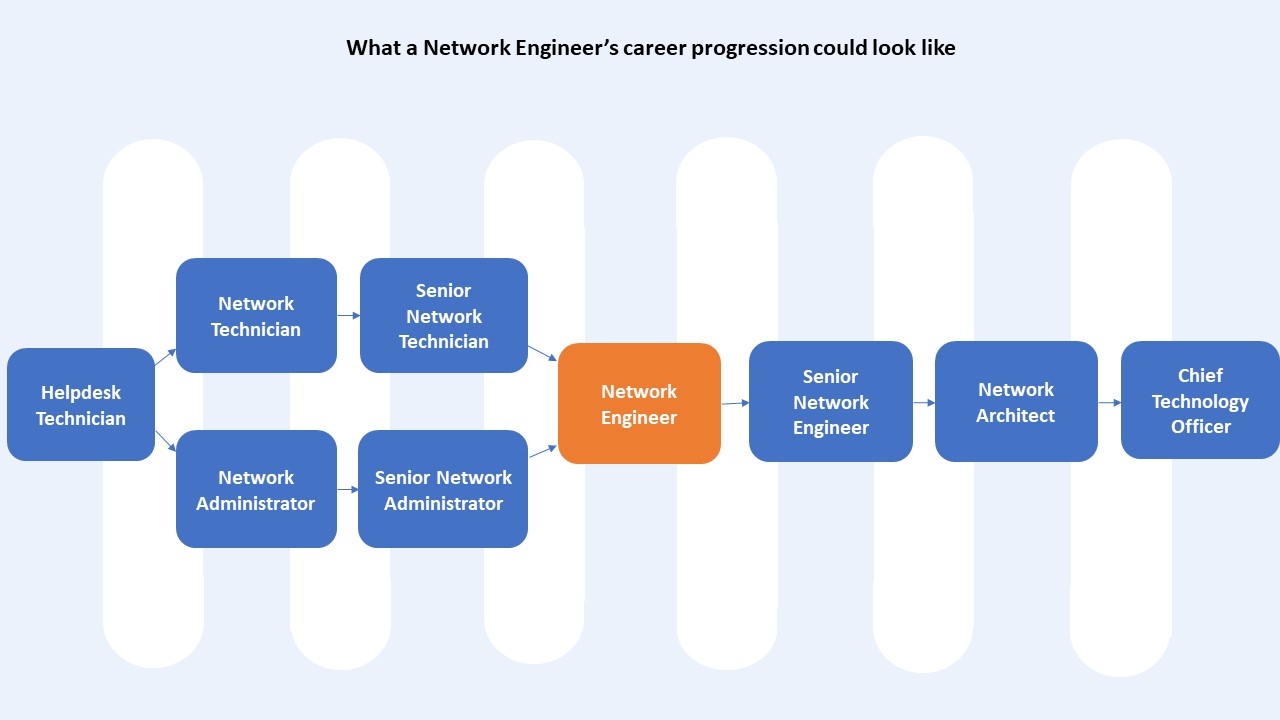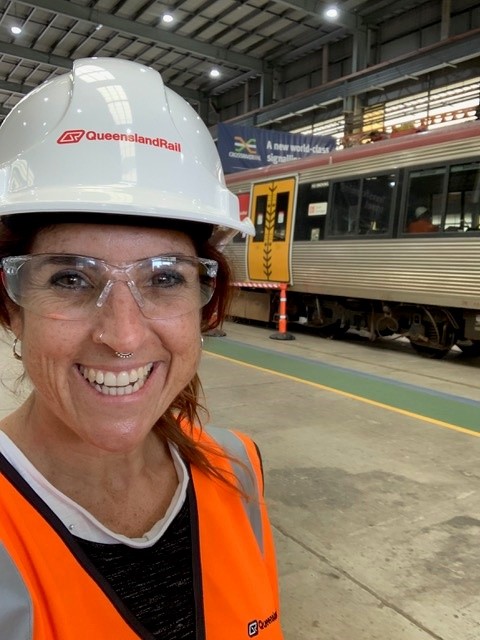
The role
Tasks include:
• Analysing, developing, interpreting and evaluating complex system designs and data models
• Evaluating network infrastructure to ensure networks can operate at optimal performance
• Assessing and recommending improvements to operations, software and communications and operating systems.

Skills required to be a Systems Engineer
- Communication
- Analytical skills
- Detail-orientated thinking
- Ability to see the big picture
- Troubleshooting and time management skills
Minimum requirements
Generally people entering the industry have completed an undergraduate or postgraduate degree in areas such as computer science, network engineering or computer systems.
Alternatively, a VET qualification such as a Diploma of Information Technology or an Advanced Diploma of Information Technology can potentially be suitable for entry-level roles. There are also a wide range of vendor and industry certifications available that may substitute for formal qualifications or be desired by some employers in addition to formal qualifications.

What do I do next?
For more information on becoming an Systems Engineer:
- find out more about Systems Engineer on the Work in Rail website
- talk to your careers adviser
- check out programs available at your local TAFE or university
- if you already work in rail, talk to your employer.

Paloma Zafra Tunon has worked on advanced communication and train control systems in Europe and the United States.
She's currently based in Brisbane working as Systems Engineer for Systra. Her job has taken her across the country, working on Communication-Based Train Control (CBTC) systems for Melbourne's Metro Tunnel and European Train Control Systems (ETCS) on Brisbane's New Generation Rollingstock.
Read more about Paloma's career here.
"If you like engineering, the rail industry gives you possibilities for almost everything."
